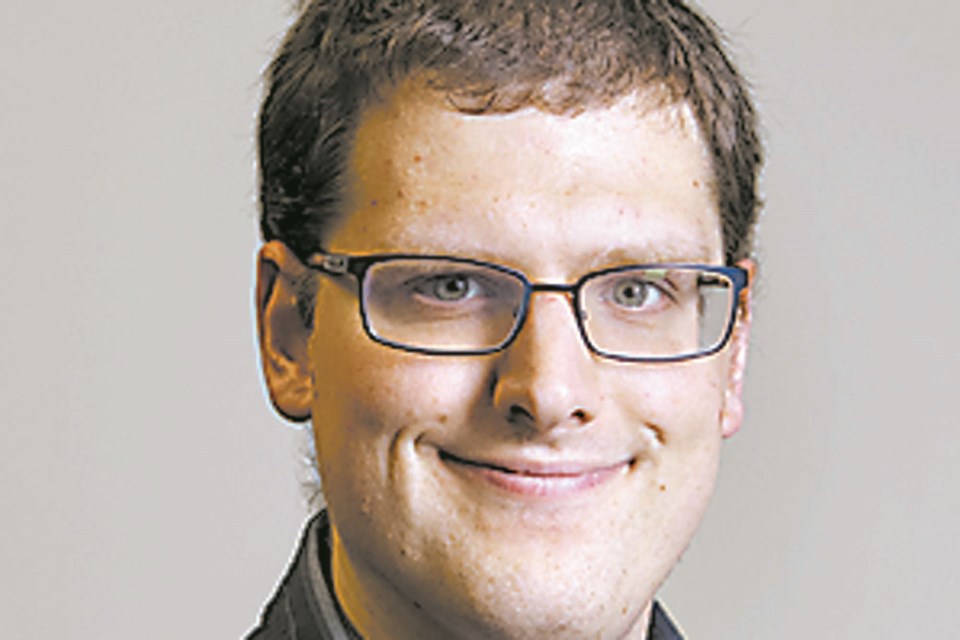One week from today, Canadians will commemorate Remembrance Day as a way to pay respects to the soldiers and veterans who fought and gave their lives for our freedom. The stories of many of the soldiers who fought for us are rightly known to most Canadians, but the stories and contributions of the Indigenous soldiers are often overlooked. It’s a shame, particularly when you realize the context in which those Indigenous soldiers enlisted and fought.
In her book Canada’s First Nations, A History Of Founding Peoples From Earliest Times, Métis historian Olive Dickason noted Indigenous people enlisted during the World Wars at a rate higher than that of the general Canadian population. They also worked actively to provide relief and support, raising money for organizations like the Red Cross despite the poverty in most of their communities and the horrifying abuses they suffered from non-Indigenous society.
Many of us as Albertans have gotten angry with decisions made by bureaucrats in far-off Ottawa that don’t respond to our needs, and that we don’t feel we have any recourse against. The situation was infinitely worse for Indigenous people during the era of the World Wars, when the indignities non-Indigenous government and people put them through would cause riots in the streets if they were done to the rest of us.
The early 20th century was quite possibly the nadir of the Canadian residential school system, as the Indian Act was amended to allow government agents and police to forcibly drag Indigenous children to it. Sacred ceremonies like the sun dance and the potlatch were made illegal. Band council decisions could be unilaterally overruled by unelected, unaccountable government bureaucrats. Reserve lands were unilaterally confiscated without compensating the people who lived there. Entire communities could be forced to relocate if a bureaucrat decided the reserve needed to be moved. In some cases, they couldn’t even leave their reserve communities without the permission of those same bureaucrats. Indigenous people weren’t legally allowed to hire lawyers to sue for damages or compensation. Military and police forces could forcibly break up unauthorized Indigenous governance activities. They weren’t allowed to vote in elections.
In short, Indigenous people in Canada were abused and their lives micromanaged in ways that society would never have allowed for non-Indigenous people. They could be targeted for everything from rape to murder by some of those same non-Indigenous people. They had no way to hold elected officials or bureaucrats accountable.
Things started to change for the better after the World Wars, as Indigenous people became legally able to vote and to hire legal counsel. In part, this came from the Indigenous veterans who fought fiercely for the rights of their peoples and communities. In some cases, they received better treatment as soldiers than as civilians, making the discrimination against them all too obvious.
Next week, as we pay tribute to Canada’s fallen heroes, we should also take time to recognize the circumstances Indigenous soldiers faced, and how they still fought for Canada and the rest of us.
Jared Milne is a St. Albert resident with a passion for Canadian history and politics.


